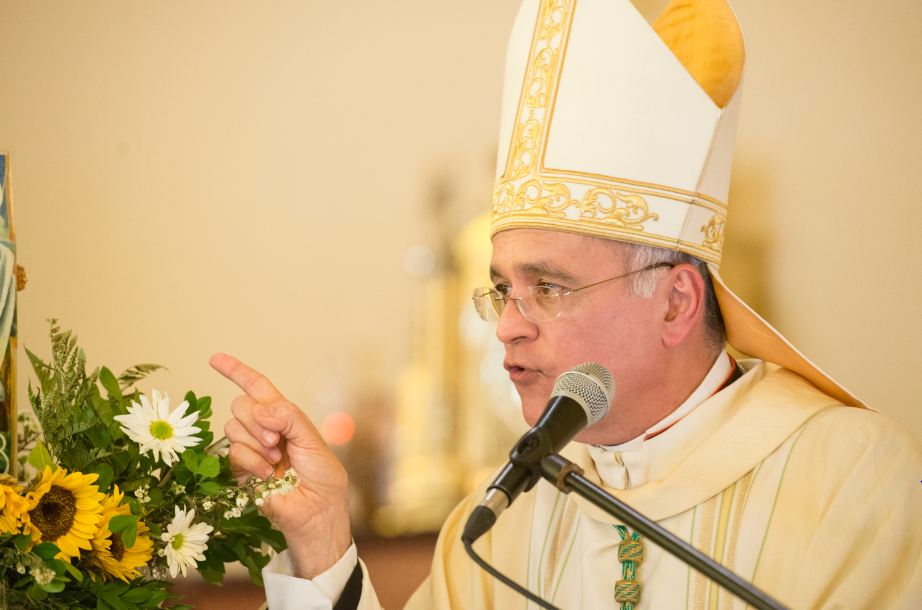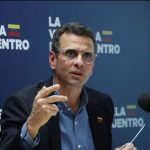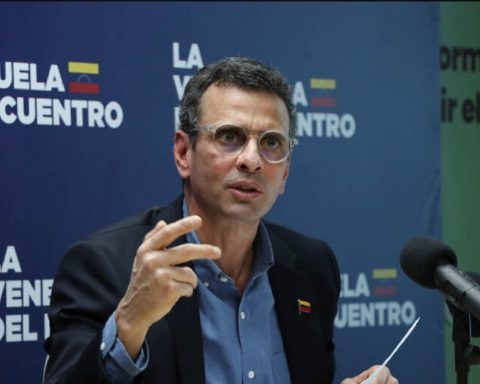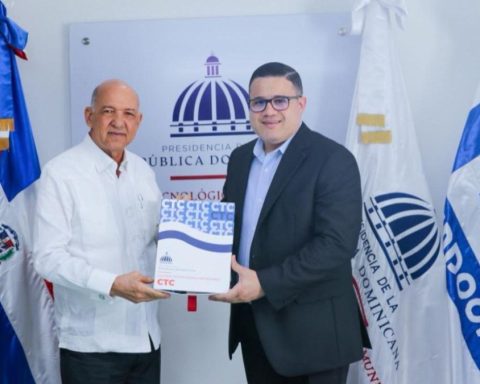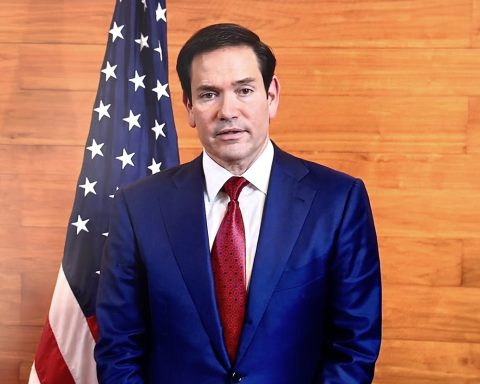In his homily on July 23, Monsignor Silvio José Báez, auxiliary bishop of the Archdiocese of Managua, took up the Gospel of Matthew this Sunday to highlight that the biblical parable of the wheat and the tares reflects a profound truth in the history of the world. According to the priest, this parable illustrates how good and evil coexist, because over time “many efforts have been made to achieve peace and to take responsible care of the planet (…) and at the same time there are unfair and ambitious people who harm others”.
«This parable teaches that in life not everything is black and white. The positive and the negative, good and evil, lies and truth, justice and injustice are intertwined in the story. Also the kingdom of God, announced by Jesus, grows in the shadow of injustice, disbelief and sin, “said the prelate.
Referring to the social context, Báez said that «the powerful act in an irrational, unfair and evil way; At the same time, in our own society there are those who dream and fight for justice, goodness, freedom and peace».
Related news: Monsignor Báez dedicates a prayer for Bishop Álvarez, “detained in a filthy prison of a criminal dictatorship”
«In the same groups that fight for social change there are people who are transparent and open to dialogue, but there are also selfish and arrogant ones. The parable of the wheat and the tares is a magnificent lesson in optimism and realism. We must not fall into despair before the apparent triumph of the unjustnor stop fighting in favor of what is good and the truth despite so many failed attempts, “he added.
Likewise, he pointed out that faced with the “mysterious coexistence of wheat and tares, of evil and good in history”, human beings can fall into the “temptation of impatience”, like those who would like to uproot the tares in the parable.
«Historical impatience can fill us with pessimism and intolerance, which in the worst case leads us to fight evil with evil. It is necessary to educate ourselves in the patience of God and in his times, which are never ours. God does not destroy his enemies nor does he become impatient in anger at the evil we commit, but rather he always acts with goodness and justice, with an effectiveness infinitely superior to that of the forces of evil”, he stressed.
Monsignor Silvio Báez also indicated that this parable invites the population to “be patient” with themselves, to know how to accept their limits with serenity and their defects with humility. «No one is perfect, nor is anyone free from selfishness, outbursts of anger or bad desires. Good and evil, maturity and pettiness coexist in our hearts, “he said.
«As disciples of Jesus we are called to see life clearly, call things by their name, denounce evil and fight for truth and justice. What we cannot do is be intolerant, allow ourselves to be blinded by emotions, make rash judgments or act with irresponsible haste,” he specified.
«Although the wheat and the tares always grow together in history, we must trust in the good and in the strength of God who in the end will triumph over all the manifestations of evil. God assures us of an abundant harvest of good wheat and full life. The Kingdom of God grows in the shadow of evil and sin. Let us always live animated by the firm hope in the triumph of God’s harvest”, he added.
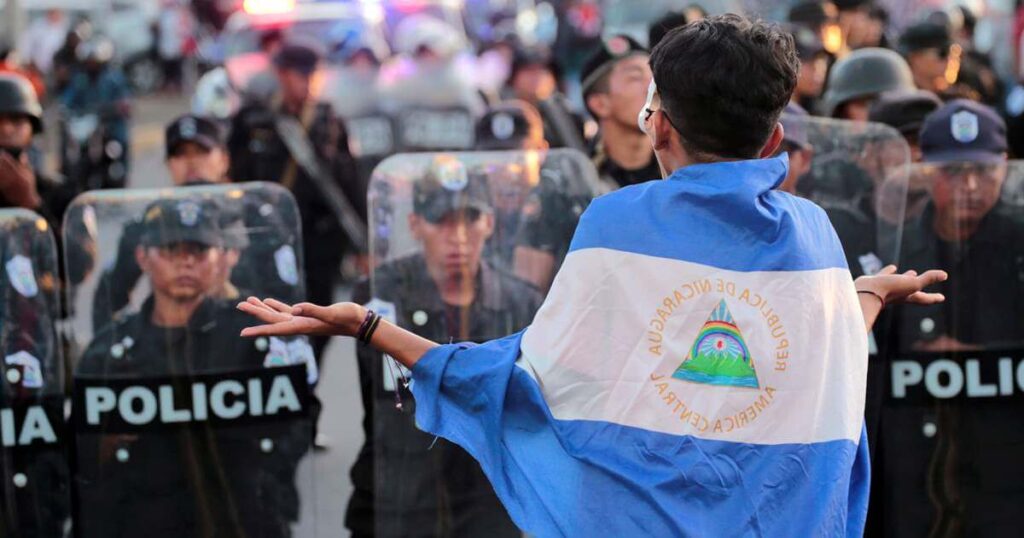
Since 2018, Nicaragua has faced a deep social and political crisis after the start of civic protests. In this context, the government led by Daniel Ortega has adopted authoritarianism and repression, seeking to neutralize and separate any individual or group that represents a threat to its dominance and aspirations to remain in power.
The climate of repression and the lack of spaces for free expression have led to a deterioration of civil and political rights in the country, which has increased instability and has generated an atmosphere of uncertainty among the population. Likewise, this dictatorial dynamic has forced thousands of Nicaraguan opponents and supporters of the Sandinista government to leave the country.
In addition, the flight of Ortega’s supporters has led the regime to impose travel restrictions on public officials, forcing them to ask the dictator for permission and demonstrate the reasons for the displacement. These measures have fueled infighting within the ruling party, as some members question and disagree over decisions made by their leader.
